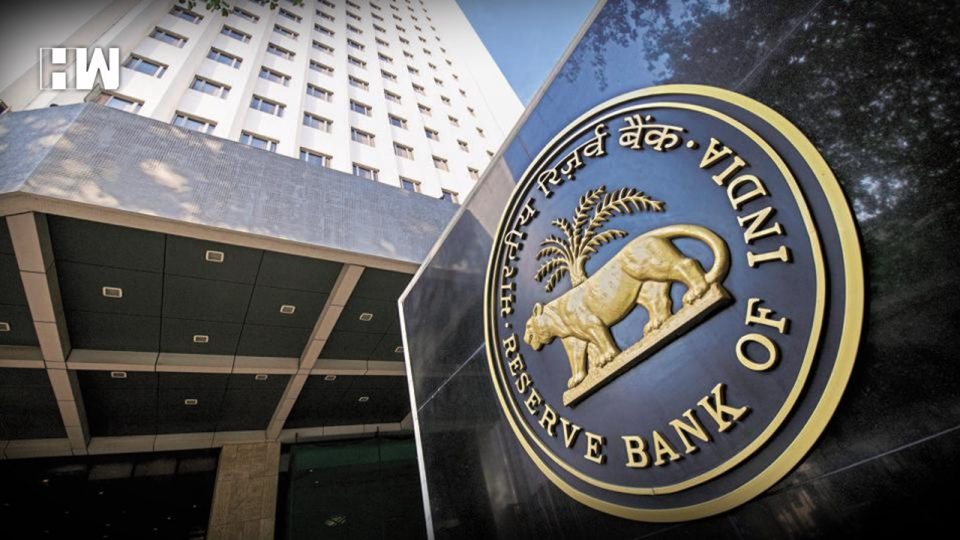In a recent board meeting of the RBI, its external directors have questioned as to why did the string of frauds that have gone undetected for many years.
The collapse of the PMC Bank has brought into focus the role of auditors and the regulator again. Much as the Reserve Bank says that it is not fully empowered to regulate cooperative banks, yet more than any other authority, it is the RBI which has been at the receiving and of public ire, in the recent collapse of the PMC Bank. The pertinent question being raised by lakhs of depositors, who are in danger of losing their life savings and a couple of lives have been already lost, is that how did such a blatant giant fraud in the bank, which has been perpetrated since 2008, go undetected in the RBI’s audit, inspection and supervision for so long particularly when the RBI was aware in 2017 that when there were serious violations in the bank, then why did it merely report the matter to the Central Registrar of Cooperative Societies in a perfunctory manner and not initiate suitable action on its own, in order to protect the interests of depositors. We are thus witnessing frenzied demonstrations by dismayed depositors of the PMC bank in front of RBI offices seeking relief and an explanation too.
In the past couple of years, there has been extreme stress and crisis in India’s banking and NBFC industry across the board, not just because of the unresolved NPA crisis, but also due to the revelation of one giant fraud and malpractice after another. In all these instances questions were raised about the role and responsibility of the RBI as the regulator, but not for very long, since the RBI is generally away from the public scrutiny. It started with the giant Nirav Modi fraud in PNB being revealed in January 2018. It did not happen overnight and had continued for many years, at a PNB branch in Mumbai, which had been inspected by the RBI. The late Arun Jaitley directly blamed the RBI for the fraud, but it escaped responsibility with the then RBI governor Urijit Patel lamenting that the RBI had no power to appoint and dismiss top executives of government banks like PNB and could thus take no action. Then came the Chanda Kochhar affair in mid 2018, involving allegations of her personal misconduct and rampant concealment of NPAs by the ICICI Bank under her charge, and the shocking part was that the RBI had given her a clean chit in 2016 despite such serious malpractices by her, ultimately leading to her dismissal by the bank. A similar window dressing and manipulation of accounts were found to have taken place in Axis Bank and Yes Bank for several years, but it was only in 2018 that the RBI in its own way sacked their CEOs, Shikha Sharma and Rana Kapoor. That too was very late action, apart from raising the question as to why did such malpractices go unnoticed in the RBI’s inspection of these banks for years.
Then came the mother of all shocks and scams. The giant ILFS fraud and its collapse which shook the entire banking and NBFC industry in India and where too huge frauds had been audaciously perpetrated for years, despite ILFS being under the direct supervision/regulation by the RBI. At this time too questions were raised about RBI’s negligence in the matter. Then came allegations of mismanagement of thousands of crores in DHFL and India Bulls, both large NBFCs under the RBIs regulation/supervision and now comes the giant fraud due to which the PMC bank has come crashing down. With a string of failures and giant frauds in banks, NBFC and cooperative banks, it is the RBI that is in focus for failure to detect and prevent the criminal misconduct and financial mismanagement in them.
No wonder, in a recent board meeting of the RBI, its external directors have questioned as to why did the string of frauds that have now surfaced since 2018 have gone undetected for many years, referring to the instances of Nirav Modi, ILFS, Yes Bank and the PMC Bank. While we share the concern and anxiety of these external directors of the RBI, our own questions are, has there been political interference in the affairs of RBI directing it to overlook such serious violations and lapses in select cases, or are the systems and officers of RBI not competent and capable to detect such lapses, does the RBI have a strong system to gather data on time to detect violations and frauds and has there been collusion of the RBI teams, such that the giant frauds remained hidden for years, and surfaced only when they became too big to conceal. And our parting question is, why does the RBI refuse to share information about NPA frauds and wilful defaulters, violating even the Supreme Court’s orders to do so? It smacks of a lack of transparency. The RBI has been the most respected regulator and authority in India and it needs to get its act together in the interest of the nation, as well as it’s own.
As an independent media platform, we do not take advertisements from governments and corporate houses. It is you, our readers, who have supported us on our journey to do honest and unbiased journalism. Please contribute, so that we can continue to do the same in future.

